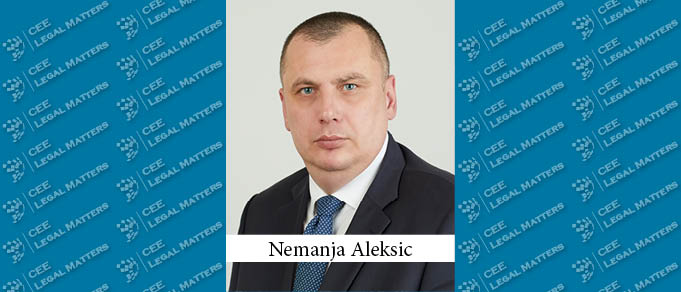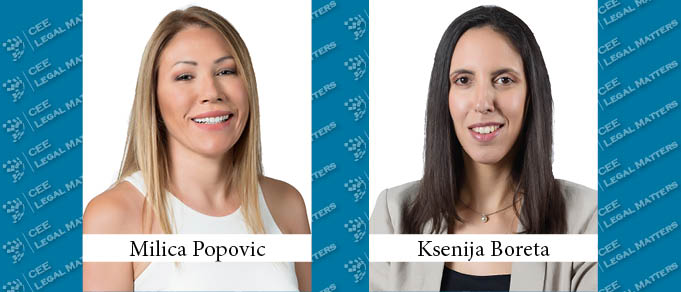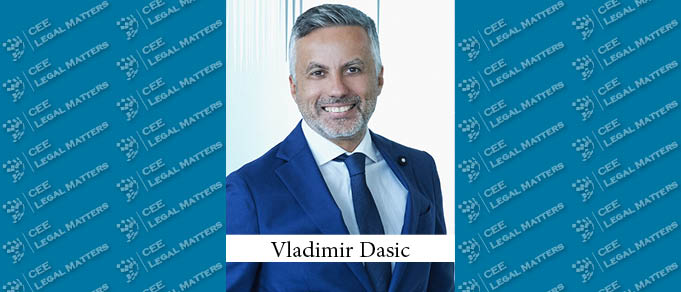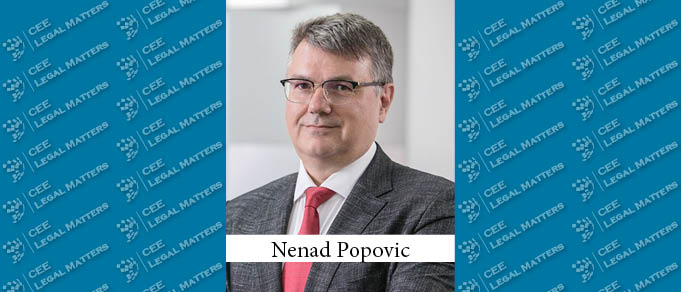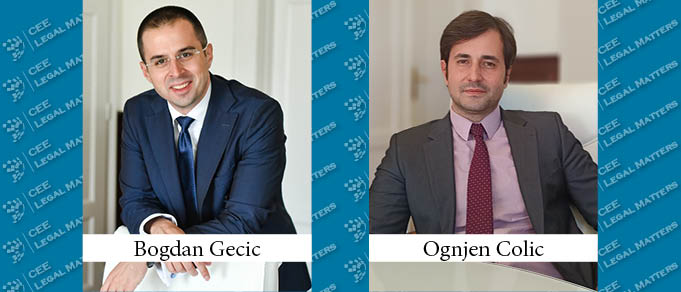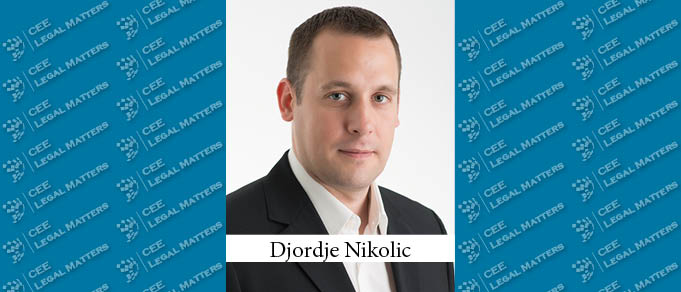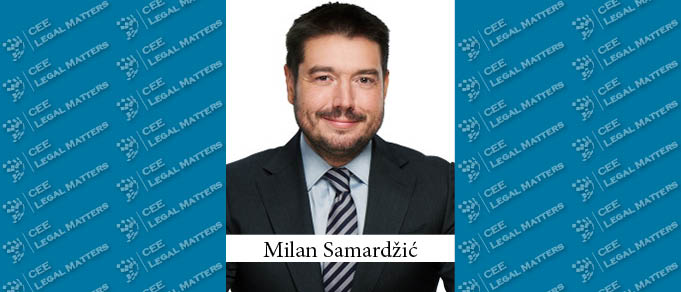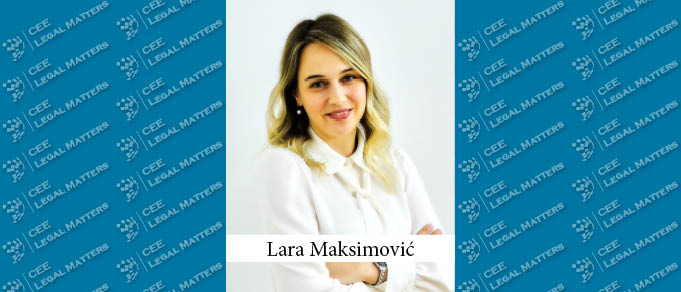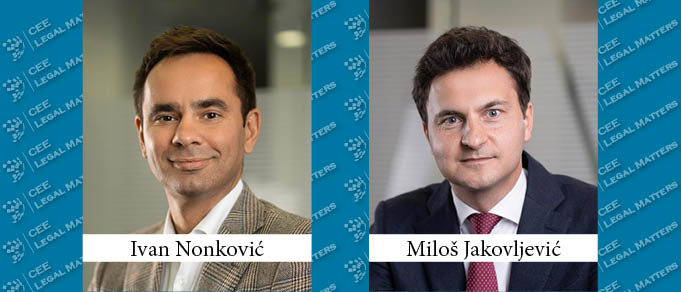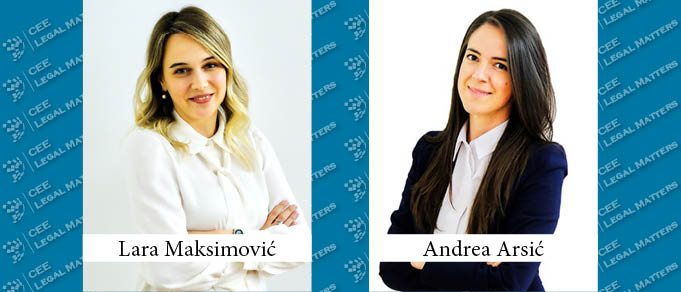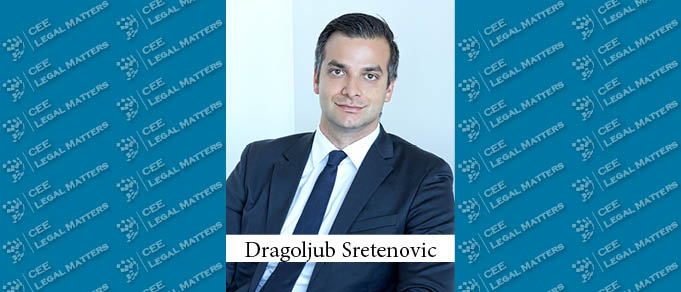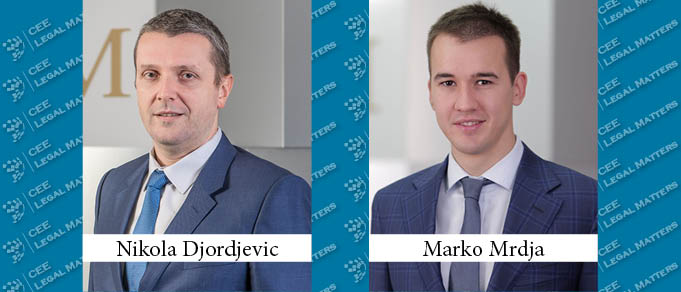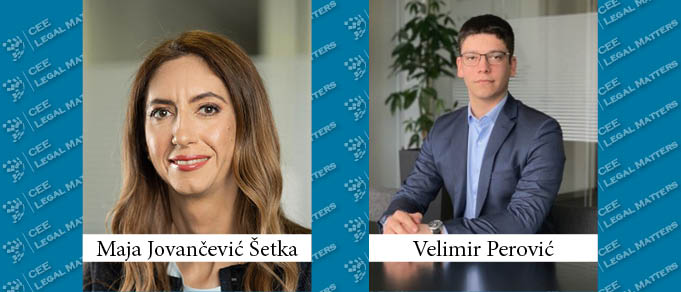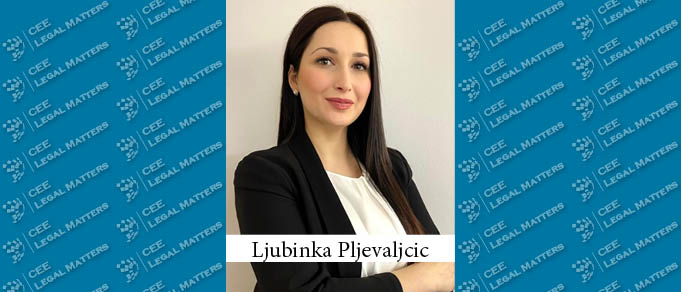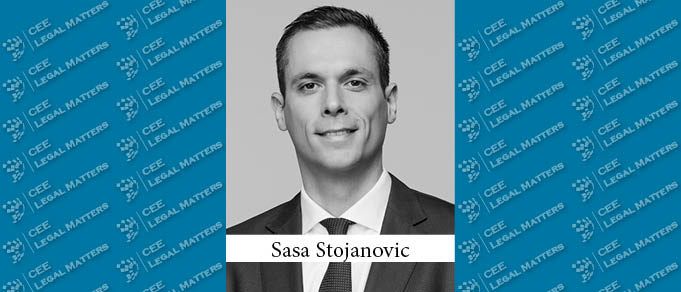Offsetting of claims (compensation) is one of the ways of termination of obligations, regulated by the Law of Contract and Torts. Certain procedural and legal rules, referring to the offsetting objection and the compensatory counter-claim, are also contained in the Law on Civil Procedure. The institution of offsetting claims is especially important when one of the parties in the obligatory relationship is in bankruptcy, in which case the special bankruptcy rules are applied. The importance of this topic is further enhanced by the changed business conditions in the world after the COVID-19 pandemic, with economic entities being increasingly forced to settle their obligations with compensation for the time being, until new sources of growth yield positive effects on liquidity.
Serbian Foreign Exchange Restrictions in Cross-Border Transactions
There are specific foreign exchange (FX) restrictions set out in Serbian legislation. The FX rules envisage mandatory requirements with respect to cross-border loans, guarantees, assignment and set-off of cross-border claims and debt, the opening of bank accounts abroad, etc. As FX restrictions affect various aspects of transactions between Serbian residents and foreign parties, they are frequently a tumbling stone in cross-border transactions.
Guest Editorial: Serbian Legal Market – Looking Back and Ahead
When I was presented with the opportunity to share my views on lawyering in Serbia and the current legal market, one of my first thoughts was where we were 20 years ago, when Serbia had just opened its doors to foreign capital, privatization started, and international banks and investors began their search for the same quality of advice and advisers they had back home. The bar was dramatically increased, traditional law firms thought they were untouchable, and only a handful of new-generation lawyers, although with very modest international experience, was able to adapt and meet this challenge.
Serbian Corporate Sector Is Going Online
The introduction of new e-services of the Serbian Business Registers Agency and the beginning of the application of online-based fiscalization are rapidly bringing the Serbian corporate environment to the corporate standards of developed countries.
Introducing: Gecic Law’s ESG Practice
On October 11, 2021, CEE Legal Matters reported that Gecic Law had Launched a new ESG Practice, co-headed by Partner and Head of Corporate/M&A Ognjen Colic and Head of Operations Hristina Kosec. CEELM spoke with Gecic Law Founding Partner Bogdan Gecic and Colic to learn more about the new practice.
The Buzz in Serbia: Interview with Djordje Nikolic of NKO Partners
Serbia is showing green across the board, with healthcare, IT, and real estate driving the economy, according to NKO Partners Partner Djordje Nikolic.
Serbia Prepares for the First Market Premium Auction
Recently, the Serbian Government (“Government“) adopted a Regulation on the Quota in the Market Premium System (“Quota Regulation“), and soon after, the Regulation on Market Premium and Fid-In Tarif (“Tarif Regulation“) and the Regulation on the Model Agreement for the Market Premium for Renewable Energy Sources (“Model Agreement Regulation“). This package of by-laws has been adopted to create conditions for the organization of the first market premium auction in accordance with the Law on the Use of Renewable Energy Sources (“Law“).
Abolishment of Mandatory Product Conformity Certificate
On January 1, 2022, certain provisions of Articles of the Rulebook on Electromagnetic Compatibility (Official Gazette of RS no. 25/2016 and 21/2020) ceased to apply, as well as of the Rulebook on Electrical Equipment Intended for Use within Certain Voltage Limits (Official Gazette of RS no. 25/2016 and 21/2020), which refer to the conformity certificate, i.e., its mandatory provision.
2021 Amendments to the Company Law
On 19 November 2021 the Parliament of the Republic of Serbia enacted amendments to the Company Law. The amendments are applicable as of 27 November 2021, except for certain clauses for which a deferred implementation is provided. This is the seventh time the Company Law undergoes changes since it was enacted ten years ago.
Amendments to the Law on Patents – Another Step Towards Alignment with the EU Regulatory Framework
Amendments to the Law on Patents (the “Law”) entered into force on December 23, 2021, upon publication in the Official Gazette of RS no. 123/2021 as of December 15, 2021. The amendments were initially enacted for alignment of the Law with the EU regulations on intellectual property, as well as for elimination of certain deficiencies observed in its application.
Dragoljub Sretenovic Makes Partner at BDK
Head of BDK Advokati’s Payment Services practice Dragoljub Sretenovic has been promoted to Partner.
Regulations for RES Auctions Adopted
Pursuant to the Law on utilization of renewable energy sources (“Official gazette of the RS” no. 40/2021, “Law on RES”), Government of the Republic of Serbia has in November 2021 adopted two new regulations: i) the Regulation on Market Premium and Feed-In Tariff and ii) the Regulation on Market Premium Model Agreement.
New Capital Market Framework in Serbia
The end of 2021 has marked adoption of the new Law on Capital Market (the “Law”) in Serbia, which was published on 28 December 2021. The Law was adopted in line with the recently enacted Strategy for Development of the Capital Market for the period 2021-2026 and within a wider process of accession of Serbia to the EU.
Alignment of the Customs Law with EU Regulations
On December 17, 2021, amendments to the Customs Law published in the Official Gazette of RS no. 118/2021 as of December 9, 2021 (the “Law”) entered into force. Outlined below is an overview of the key novelties, that were notably enacted for alignment with the changes introduced in the EU customs regulations.
Deal 5: ElevenEs CEO Nemanja Mikac on Battery Factory Partnership
On November 3, 2021, CEE Legal Matters reported that Karanovic & Partners had advised ElevenEs on partnering with EIT InnoEnergy to build a lithium iron phosphate (LFP) battery factory in Subotica, Serbia. CEE In-House Matters spoke with Nemanja Mikac, CEO at ElevenEs, to learn more about the matter.
Ljubinka Pljevaljcic Makes Partner at Doklestic, Repic & Gajin
Ljubinka Pljevaljcic has been promoted to Partner at Doklestic, Repic & Gajin.
Real Estate Laws and Regulations in Serbia
Contributed by BDK Advokati.
The Buzz in Serbia: Interview with Sasa Stojanovic of Radovanovic Stojanovic & Partners
Even though changes could be in the pipeline for Serbia given the upcoming April 2022 presidential and parliamentary elections, the central Balkan country is in a state of stability and steady advancement, according to Radovanovic Stojanovic & Partners Partner Sasa Stojanovic.

